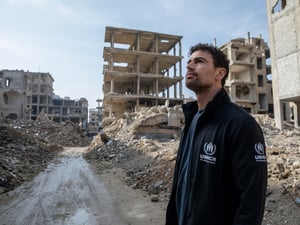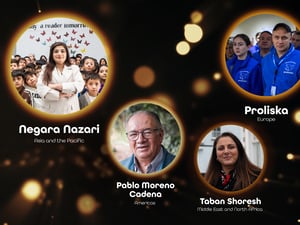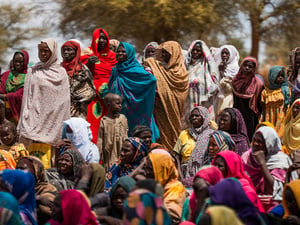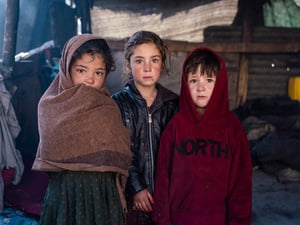Iraq situation
Iraq situation
Iraq is currently at a turning point, leaving behind three decades of political turmoil and armed conflicts that deeply impacted its people and public service delivery.
Countries affected: Iraq | Jordan | Lebanon | Syrian Arab Republic
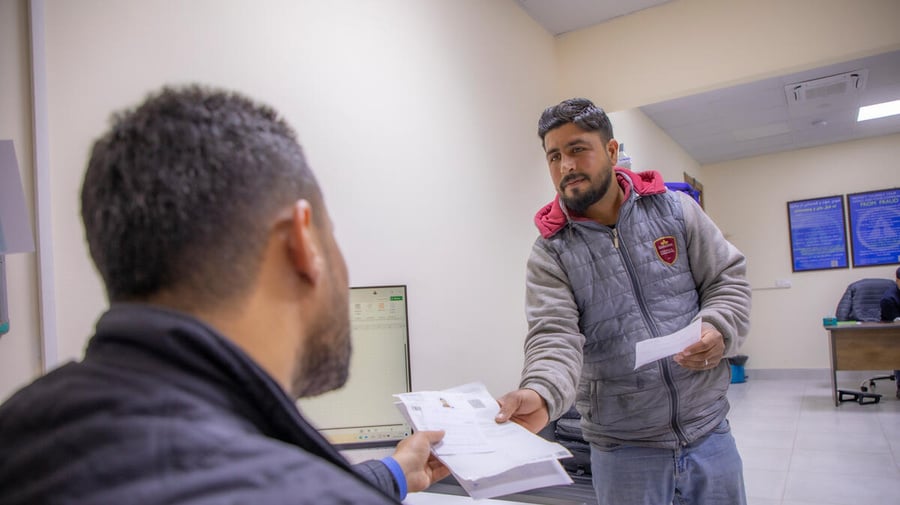
Internally displaced persons in Iraq, with 109,000 residing in 21 camps located in the Kurdistan region
refugees are hosted in Iraq, including Syrians and other nationalities
IDPs returned to their areas of origin in 2024, marking continued - though cautious - progress toward durable solutions.
Iraq is navigating a complex recovery phase marked by protracted displacement, fragile returns, and ongoing protection needs rooted in decades of conflict and instability
While military operations have ceased and some regions are stabilizing, over 1 million people remain internally displaced, many for years, and thousands more are struggling to reintegrate into areas still lacking basic infrastructure, security, and services. In 2024 alone, 56,000 internally displaced people returned to their areas of origin, but many others remain in camps or informal settlements, unable or unwilling to go home due to unresolved challenges.
Amid continued efforts by the Government of Iraq and the Kurdistan Regional Government to close camps and promote returns, UNHCR is working to ensure that all solutions are voluntary, informed, and sustainable. Alongside national authorities and partners, UNHCR provides civil documentation, emergency aid, legal support, and access to essential services, while advocating for durable solutions, social inclusion, and improved protection frameworks for IDPs, returnees, and vulnerable host communities.
Protracted crisis: UNHCR may designate some situations as protracted crises. This is an informal classification that indicates a long-term crisis with widespread and deepening humanitarian needs. Iraq falls into this category. Learn more about UNHCR emergency classifications.
Even with the severity of my condition, without a proof of identity the doctor could only give me one or two treatments… they asked for a UNHCR certificate, but I didn’t have that either. If I didn’t get my documents, they would have had to stop my treatment completely.
What is UNHCR doing to help?
UNHCR is working closely with the Government of Iraq, the Kurdistan Regional Government, and local partners to support over 1 million internally displaced people, returnees, and refugees across the country.
In 2024, UNHCR helped reduce the number of IDPs in camps by supporting voluntary returns, relocations, and local integration efforts - while ensuring that decisions are informed, safe, and dignified. UNHCR also provided legal assistance and helped thousands obtain essential civil documents like birth and identity certificates, enabling access to public services, education, and social protection. In areas of return, UNHCR supported the reconstruction of housing, provided core relief items, and worked to expand access to safety nets through joint efforts with the Ministry of Labour and Social Affairs.
Throughout the year, UNHCR continued to advocate for sustainable solutions, protect the rights of displaced people, and maintain adequate conditions for those who remain in camps.


